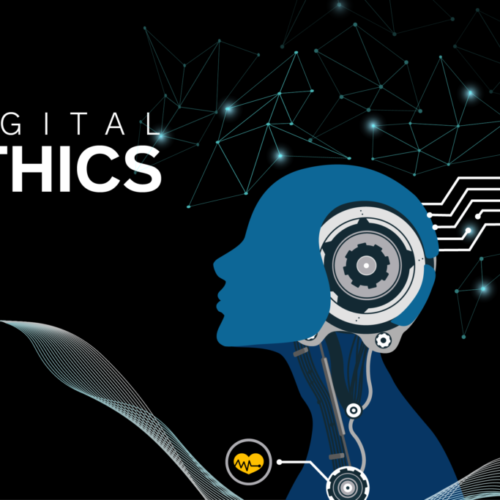Technology has become an inseparable part of our lives, shaping the way we work, communicate, and even think. Every day, we witness new advancements in various fields, from artificial intelligence to virtual reality, that have the potential to revolutionize our world. However, with great power comes great responsibility, and as technology continues to evolve at an unprecedented pace, it is crucial to address the ethical implications it poses. In this blog post, we will explore the fundamental principles governing the ethics of technology and examine real-world case studies to illustrate the influence of technology on society’s ethics.
The Intersection of Technology and Ethics
Ethics, a branch of philosophy, is concerned with determining what is morally right or wrong. As technology permeates every aspect of our lives, it raises ethical questions that demand our attention. How does the advancement of artificial intelligence impact privacy? What are the ethical considerations surrounding genetic engineering? These are just a few examples of the complex issues that arise when technology and ethics intersect.
Historical Perspectives on Technoethics
To understand the ethics of technology, it is helpful to take a historical perspective. Throughout the ages, monotheistic beliefs, such as those in Judaism, Christianity, and Islam, have influenced politics and set the stage for ethical debates. These religious traditions have shaped ethical frameworks, playing a significant role in the development of societal norms. For instance, the belief in the sanctity of life has influenced debates surrounding medical technologies and the beginning and end of life.
Case Studies: The Influence of Technology on Society’s Ethics
Real-world case studies provide valuable insights into the influence of technology on society’s ethics. One such example is the rise of social media platforms. While these platforms have connected people across the globe, they have also raised concerns around privacy, online harassment, and the spread of misinformation. As a society, we are grappling with the ethical implications of balancing the benefits of connectivity with the potential harm it can cause.
Another pertinent case study is the development of autonomous vehicles. While these vehicles hold the promise of reducing road accidents and improving transportation efficiency, they raise ethical dilemmas. Who is to blame in the event of an accident? Should a self-driving car prioritize the life of its passengers or pedestrians? These moral questions force us to consider the impact of technology on human lives and societal values.
Navigating the Complexities of Technoethics
As technology evolves, it is essential to navigate the complexities of technoethics with careful consideration. Transparency, accountability, and inclusivity are critical principles that guide ethical decision-making. Additionally, stakeholder engagement is vital to ensure a multitude of perspectives are represented.
Education and awareness play a crucial role in addressing the ethical challenges posed by technology. By fostering discussions, raising awareness, and promoting ethical guidelines, we can collectively shape a future where technology enhances human well-being while respecting fundamental ethical principles.
Conclusion
The ethics of technology is a rapidly evolving field that requires our attention. As technology continues to shape our world, it is imperative to address the ethical implications it brings. By exploring historical perspectives, analyzing case studies, and adhering to ethical principles, we can effectively navigate the complexities of technoethics. Ultimately, by fostering an ethical mindset, we can ensure technological advancements lead to a better and more inclusive society.

